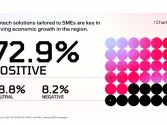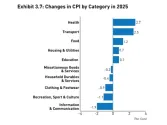
TrakCare: Transforming healthcare through technology, one hospital at a time
Three leading healthcare providers discuss how an electronic medical record system has improved clinical outcomes and boosted patient care.
When Thailand’s Bumrungrad International Hospital rolled out the InterSystems TrakCare® electronic medical record (EMR) system in 2018, it experienced a rapid increase in patient satisfaction and operational efficiency.
“Paper usage across the entire hospital has fallen dramatically with TrakCare’s deployment, and the increased use of electronic communications has also helped to reduce journey times for patients,” says Kenny Lim, Chief Information Technology Officer, Bumrungrad International Hospital. “By implementing TrakCare throughout the hospital, we achieved the highest patient satisfaction rating of over 95% over the past few months in several departments.”
InterSystems TrakCare is a leading EMR system trusted by top healthcare providers in more than 25 countries worldwide. It helps hospitals provide a seamless patient journey by offering a unified record for each patient, which leads to faster and better decisionmaking.
“When every doctor or nurse who is authorised to has rapid access to all of a patient’s data – including their allergies, clinical history, and previous and current diagnoses – it can lead to dramatically better decisions and patient outcomes,” explains Kerry Stratton, Managing Director Asia Pacific for InterSystems.
Improved patient safety
TrakCare enables streamlined and shared workflows across care settings to ensure that patients spend less time waiting. They avoid unnecessary testing and experience smoother care transitions. And more importantly, patients can be active, informed participants in their care.
“Patients don’t get asked questions multiple times, speeding up the process and reducing delays,” Stratton says. At Bumrungrad, for instance, clinicians now use TrakCare to manage all patient interactions and facilitate their workflows.
“This has improved communication between care teams and departments and reduced dependency on paper. Doctors and nurses are able to quickly and easily view a comprehensive, unified record for each patient,” Lim notes.
He adds that TrakCare’s clinical decision support system also provides safety alerts for a range of risks including drug interactions, therapeutic duplications, and duplicate orders. “The most important contribution of the EMR solution to the organisation and its success has been to provide a single patient record that is clear and can be read without mistake. Over the next few years, hospitals will see almost all medical tools become digital. The challenge will be to get them all integrated with the EMR and managed in a single holistic solution,” Lim says.
For Indonesia’s Rumah Sakit Pondok Indah (RSPI) Group, TrakCare is a crucial driver of research and growth. “If I look back, some of the processes and the projects we do for continuous improvement would not have been possible before implementing TrakCare,” says Dr. Yanwar Hadiyanto, CEO, RSPI Group. “Sometimes in the past we didn’t do a project because it was almost impossible to get a reliable indicator. It was too much work to get the data, and when you did it was very difficult and you didn’t know if it was reliable or not because it was done manually. With the EMR, the information is much more accessible.”
RSPI operates three premium hospitals in Jakarta. All three hospitals have deployed the InterSystems TrakCare unified healthcare information system. Its first hospital started using TrakCare in 2014, closely followed by the second in June 2015. The group’s newest hospital, RSPI Bintaro Jaya, opened in May 2017 and has utilised TrakCare from day one.
Additional value for patients
TrakCare also allows RSPI to analyse direct financial outcomes and make better use of its manpower. “Consider the direct impact for the main hospital where we have almost 2 million active patients with 2000 visiting outpatients a day. You can imagine how many people were needed in the medical report department to find the information on paper when each patient arrived. When we introduced the EMR we could reduce that manpower substantially and assign people to do things that were more productive. I am not saying finding medical records was not important. But with the EMR, some of those people can create additional value for our patients,” Hadiyanto notes.
Still, Hadiyanto credits TrakCare for dramatically cutting waiting times and improving RSPI’s operational efficiency. “Over time, we have managed to cut waiting times, some by half, some by even more. In the past, I remember people putting orders in on paper and then it was put in the system and sent to the lab where it was printed and people keyed in the order again into the machine. I counted maybe 15-20 steps to go from orders to get the results. The EMR significantly cuts down that process and the time from order to results,” he says.
“TrakCare’s contribution is tremendous. I would like to put it in perspective. If we hadn’t implemented TrakCare when we did four years ago, maybe my options now would be very very limited.”
A long and trusted partnership
For over a decade, InterSystems has been a reliable partner for United Family Healthcare Group, China’s largest foreigninvested healthcare provider. “We have been using InterSystems TrakCare for 10 years. All the entities which are wholly owned and operated by UFH in China use the TrakCare EMR system,” says Dr. Jenny Shao, Health Information Systems Director, United Family Healthcare. “I think the EMR is an essential tool for modern medical practice. We consider it to be the representation of clinical practice in a digital version.”
In terms of patient safety, Shao says the EMR is crucial in providing medication management. With TrakCare, United Family Healthcare has been able to implement a closed loop medication management system in each of its hospitals. “We recently purchased medication dispensing machines for use on the wards – you need to have an identifier for the patient to obtain any medication. TrakCare is a modern EMR, it has inventory management, for example. It is important to have one system to manage everything.”
TrakCare has also made a difference in ensuring a seamless referral system. “Every time we need to arrange a referral within our organisation from one healthcare provider to another we use the system to book it. The system then makes sure that every request is followed and there are no missing requests,” Shao explains. “With TrakCare we have been able to standardiseworkflows across the organisation in a professional way. There are differences between the specialties, but they are all using the same workflows. So every time we expand, we not only open a new hospital, all the entities follow the standards, and this brings efficiencies as well.”
The future of healthcare
The experience of Bumrungrad, Rumah Sakit Pondok Indah Group and United Family Healthcare show that a reliable EMR system is at the heart of modern healthcare.
“Innovation can mean a lot of different things in a hospital setting. The starting point is having access to high quality patient clinical data. By moving clinical data and business processes into a unified EMR like TrakCare, you open up opportunities to learn from the data, and use those learnings to innovate,” says Dimitri Fane, InterSystems Director of Product Management – TrakCare.
InterSystems TrakCare offers dashboards which show data that can be used to fine-tune clinical usage of the EMR. This allows organisational efficiency to be easily evaluated and improvements measured accurately. It makes a wealth of metrics available, which can be used to help achieve improvements in the clinical process.
“It is important to remember that while innovation can be high tech and complex, it can also be as simple as adjustments to the way you handle patients upon arrival, or steps you take to reduce patient waiting times. Effective use of the EMR can really drive significant ongoing improvements,” Fane adds.
“It is always a challenge and always a big task for the leadership to make everyone in the organisation adopt the system, it is very critical for success,” says RSPI’s Hadiyanto. “For those who have not yet implemented one, I think an EMR is no longer optional.”
For more information, including a video overview of United Family Healthcare, please visit https://bit.ly/2PhRkTK.
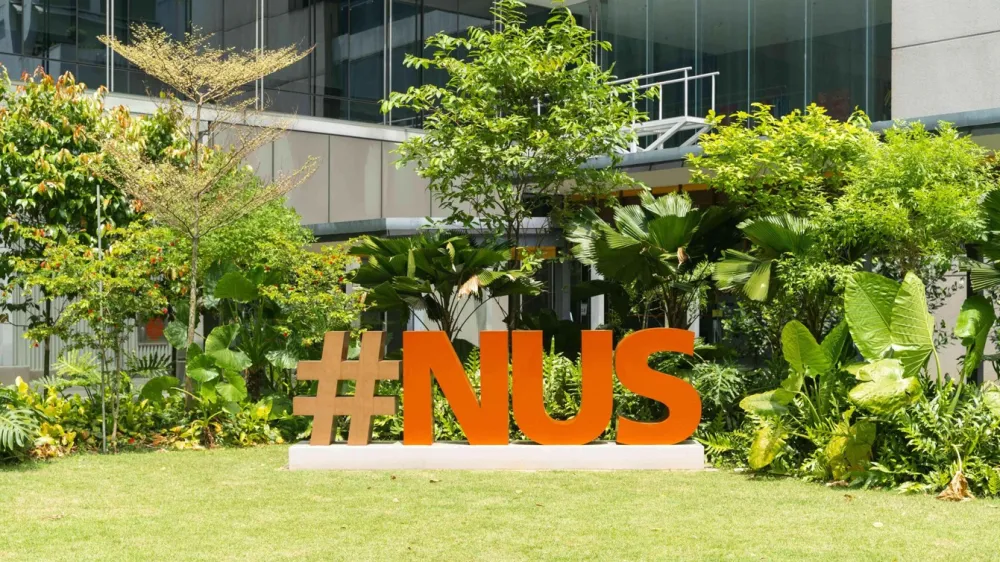


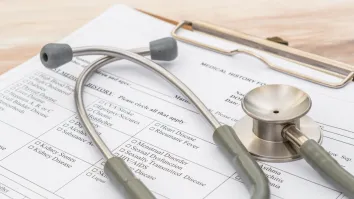
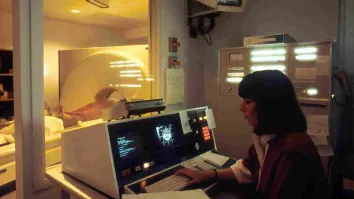














 Advertise
Advertise
